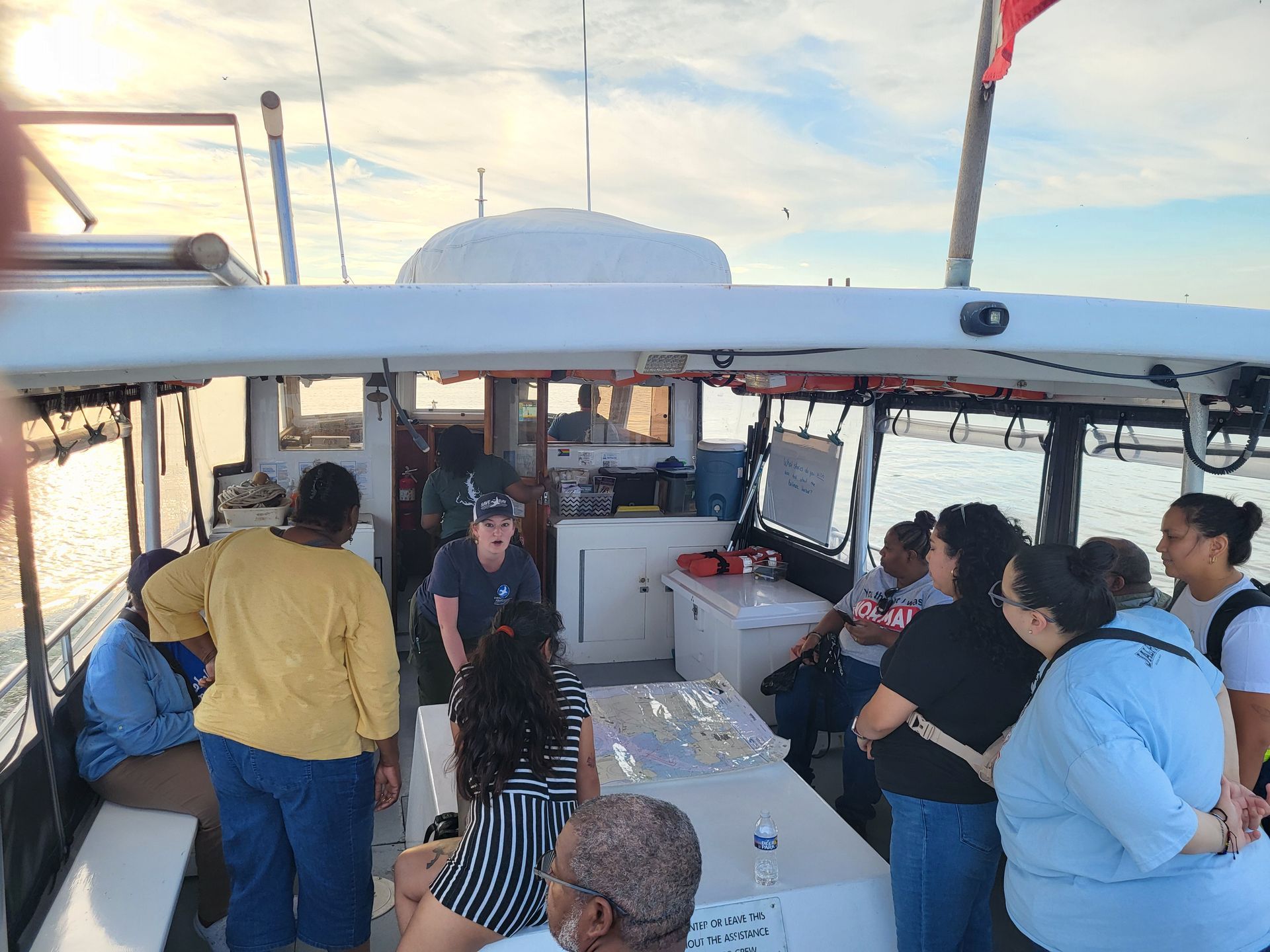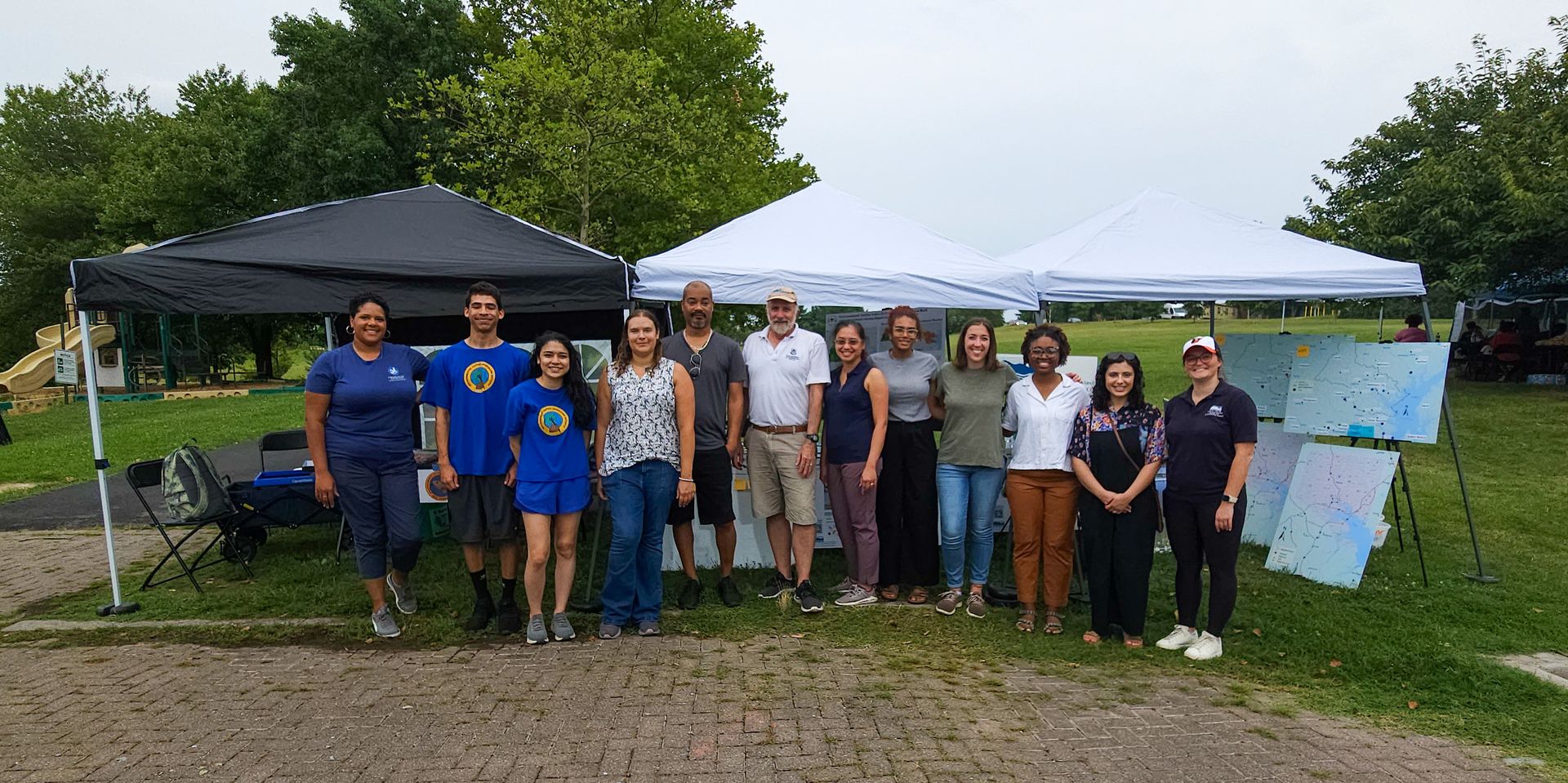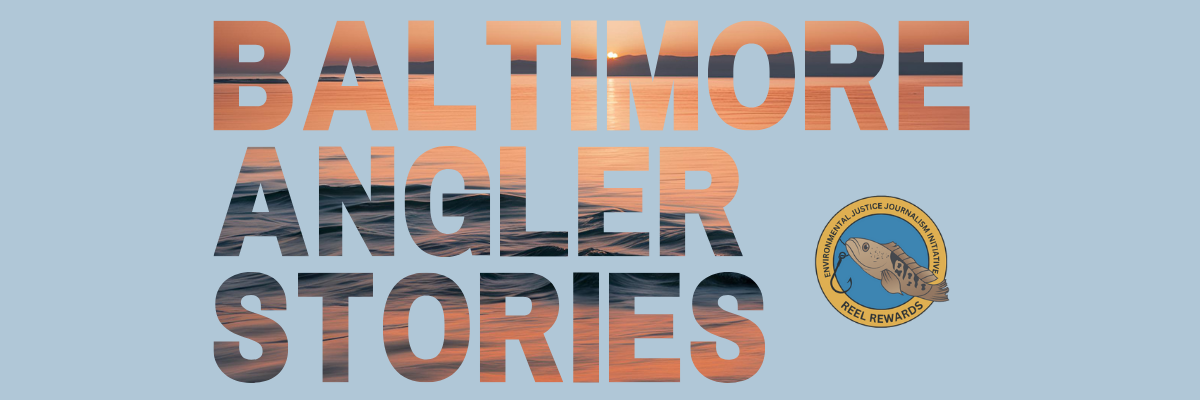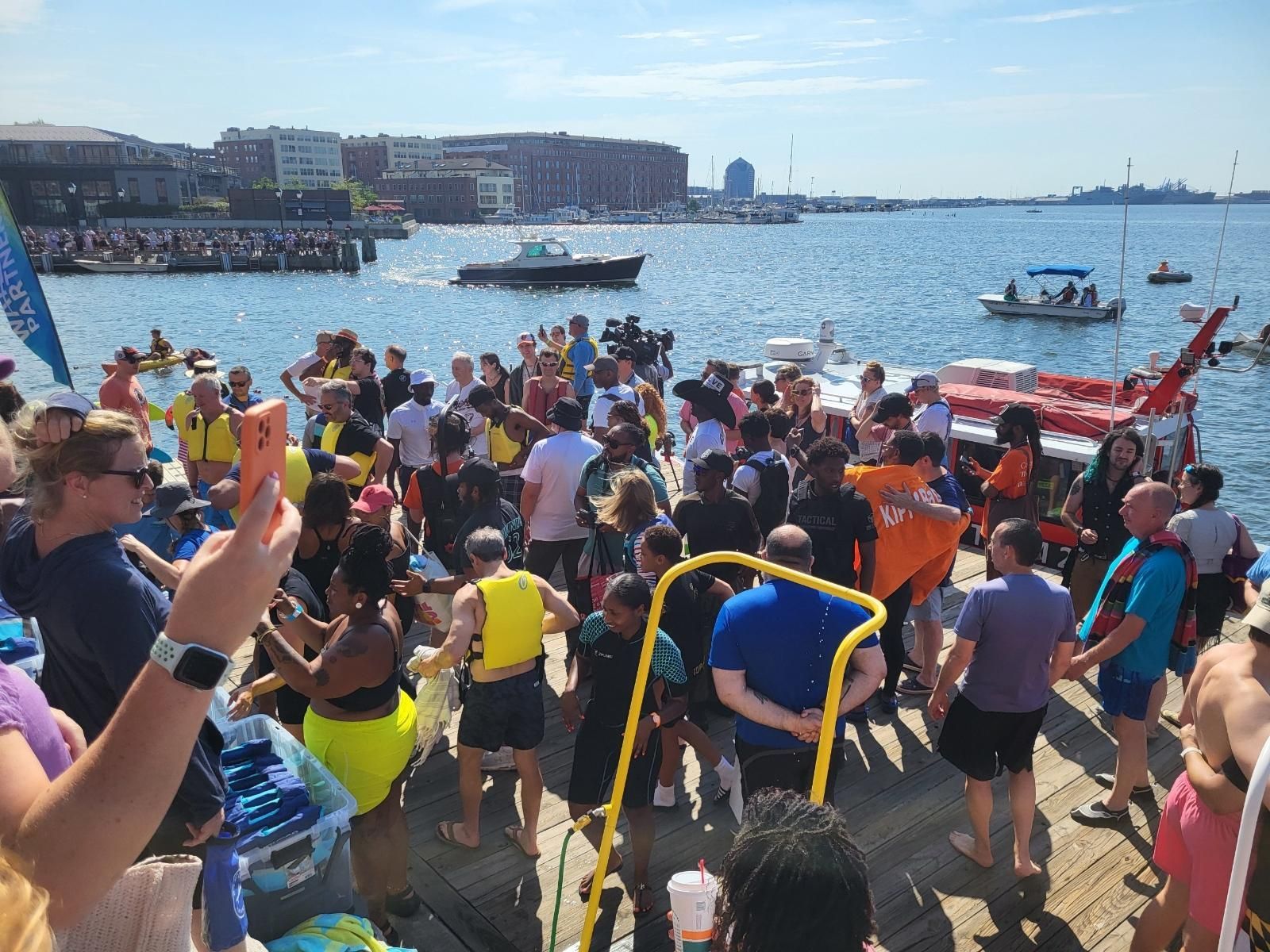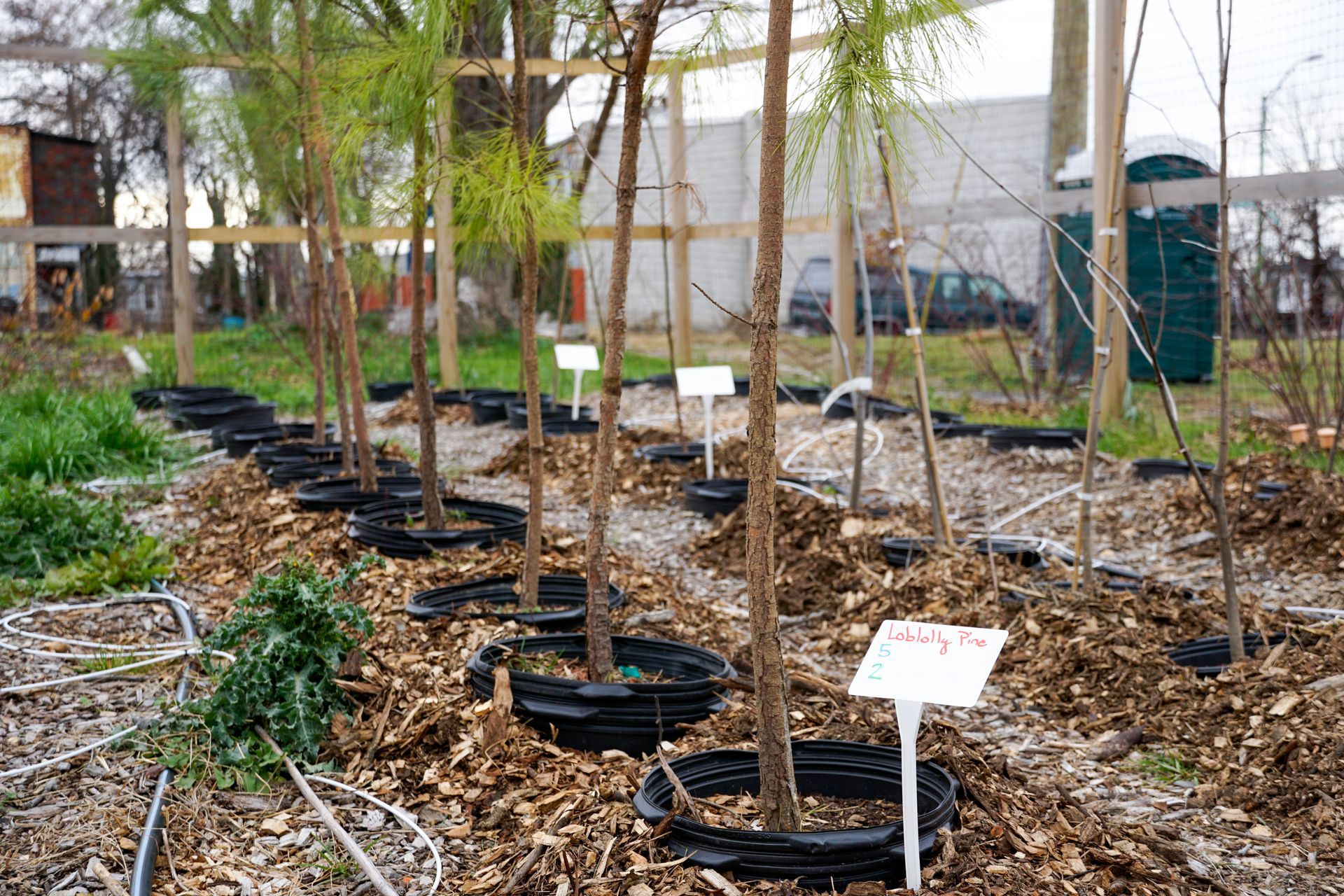A Black Boating Tradition on the Chesapeake Ran Into Racism - Then Tragedy

A Black Boating Tradition on the Chesapeake Ran Into Racism - Then Tragedy
By Rona Kobell
A year ago, I spent the month of November on Deal Island researching my thesis about how the Black community there ended up with lower land and was losing it quickly due to climate change and sea level rise. Many of the community’s founders were named Wallace, inheriting the surname of Arthur Wallace, a formerly enslaved man who bought his own freedom and then that of his family. Wallace headstones are among the largest in the family graveyards around the island. Many of the people I interviewed had a connection to the family.
It was a white waterman who first mentioned “the accident.” Seven men, six from one family, died out in Hooper’s Strait one day. Big storm came up. Could have been saved, but went down with the ship. Who can understand it?
I felt like there was more to it. I asked around, and sure enough, one of the Wallaces I interviewed told me the captain was his uncle, Thompson Wallace. He had been a little boy, maybe 12, when the accident happened, but he recalled details as though it was yesterday. He told me that his uncle and the crew died with smiles on their faces. They wouldn’t leave the boat, he said, because racist lending practices had made it so hard to get. It was Thompson Wallace’s pride and joy.
Eventually, I traced the boat, the Claud Somers, to the Reedville Fishermen’s Museum, and the surviving Wallace sons through friends I’d made on the island. One of the sons I interviewed had never spoken about the accident before to the press. What he wanted people to know about his father, he said, was that Thompson Wallace was never reckless. He knew the winds, the tides, what a boat could do. He never would have gone if it was dangerous. White watermen had been saying Thompson Wallace went out because he needed the money; his son said he was not destitute, and never would have risked his family. Even if Thompson had been willing to, his wife, Esther, never would have let him go. She lost so much that day.
The story had broader implications, too. Thompson Wallace was one of two Black skipjack captains at the time. He had plans to expand into a restaurant business, and was considering opening a seafood plant. But those dreams died with him. None of the Thompson children would make a sustained living on the water. Their mother did not want to lose them, too.
To me, there was only one place to tell this story – the Retropolis section of the Washington Post, which focuses on history. It took me a few tries, but I finally got the pitch accepted.
The environmental justice implications are not lost on me. Discrimination kept Thompson Wallace from getting a boat for a long time. What kept him from being rescued earlier? I am not sure we will know, but at least now readers have a more complete picture of the captain.


